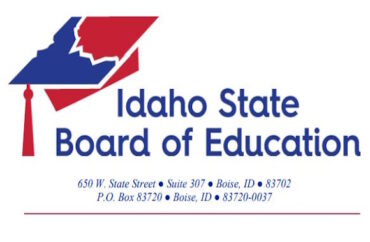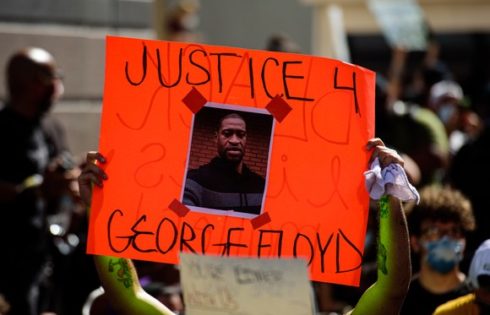
The Idaho State Board of Education on Wednesday approved sweeping new policies that ban “DEI ideology” in higher education and requires institutional neutrality, among other measures.
Institutions must “establish and maintain equality of opportunity for all students regardless of personal identity characteristics,” according to the new policies; what’s more, “no central office, policy, procedure or initiatives can be ‘dedicated to DEI ideology.'”
The new rules also assert that “no employee or student is required to declare gender identity or preferred pronouns.” Campuses must also “maintain political neutrality” under the new policies, as well as “provide curricular transparency” by making course information public.
The new policies also protect against cancel culture by forbidding guest speakers from being blocked due to vague safety concerns.
Institutions must also “provide curricular transparency” by making course information public. Free speech training must also be added to freshman instruction.
The new policies are encompassed within three separate resolutions all unanimously approved by regents on Wednesday, according to a review of the meeting’s livestream by The College Fix.
Ahead of the board’s actions, Boise State University closed its DEI office while students were away for Thanksgiving break. Idaho State University has also in recent months shifted its DEI programs, decentralizing such support and programming and instead moving it to student-run organizations, President Robert Wagner told regents.
The board is expected to review more details on how these broad policies will be implemented over the coming year.
DEI was already on the chopping block as far as Idaho state lawmakers are concerned, according to Inside Higher Ed.
“Another Senate bill introduced earlier this year would have slashed DEI programs, with a list of specific employee positions to cut, but the legislation never made it to the floor. Now the State Legislature’s new DEI task force, which met for the first time this fall, may be mulling over future legislative action but has yet to make a move,” the outlet reported.
Wednesday’s vote also came after decisions by the board and the legislature last year to prohibit campuses from requiring diversity statements in hiring.
The new policies place an emphasis on “freedom of expression in higher education” as well, including on protecting free speech and a diversity of viewpoints.
While the board adopted institutional neutrality, the resolution notes it “does not mean faculty, staff, or students must remain neutral; indeed, institutions should promote a culture that encourages and celebrates forums in which faculty, students, staff, and community members may express conflicting, controversial, or unpopular viewpoints.”
“…Neutrality as an entity allows the institution to protect this mission by supporting those who engage in open, rigorous debate without disaffecting segments of its faculty, staff, and students whose sincerely held beliefs conflict with others,” the resolution states.
The new policies also protect against cancel culture by forbidding controversial guest speakers from being blocked from appearing due to vague safety concerns.
Criteria must be adopted “to avoid making decisions related to speakers or events on the basis of opposition to the viewpoint(s) being expressed or that a viewpoint is controversial, and criteria to avoid prohibiting a speaker’s presence or an event on campus because it may generate concerns about security and public safety,” the resolution states.
Free speech training must also be added to freshman instruction.
The resolution calls for the “a program designed to educate new students, faculty, and staff about the institution’s role as the marketplace of ideas; what constitutes protected speech and what does not; when the institution may intervene in free expression activities, such as when they involve direct threats, violence, illegal harassment or discrimination; how to appropriately express viewpoints through events, such as protests, parades, or other events, including an explanation of the institution’s time, place and manner restrictions; and the institution’s policies prohibiting the disruption of others’ rights to free expression, including shouting down speakers or blocking speakers’ access to a forum.”
MORE: Idaho bans DEI job statements in higher ed, think tank says DEI offices should go next
Like The College Fix on Facebook / Follow us on Twitter






Please join the conversation about our stories on Facebook, Twitter, Instagram, Reddit, MeWe, Rumble, Gab, Minds and Gettr.